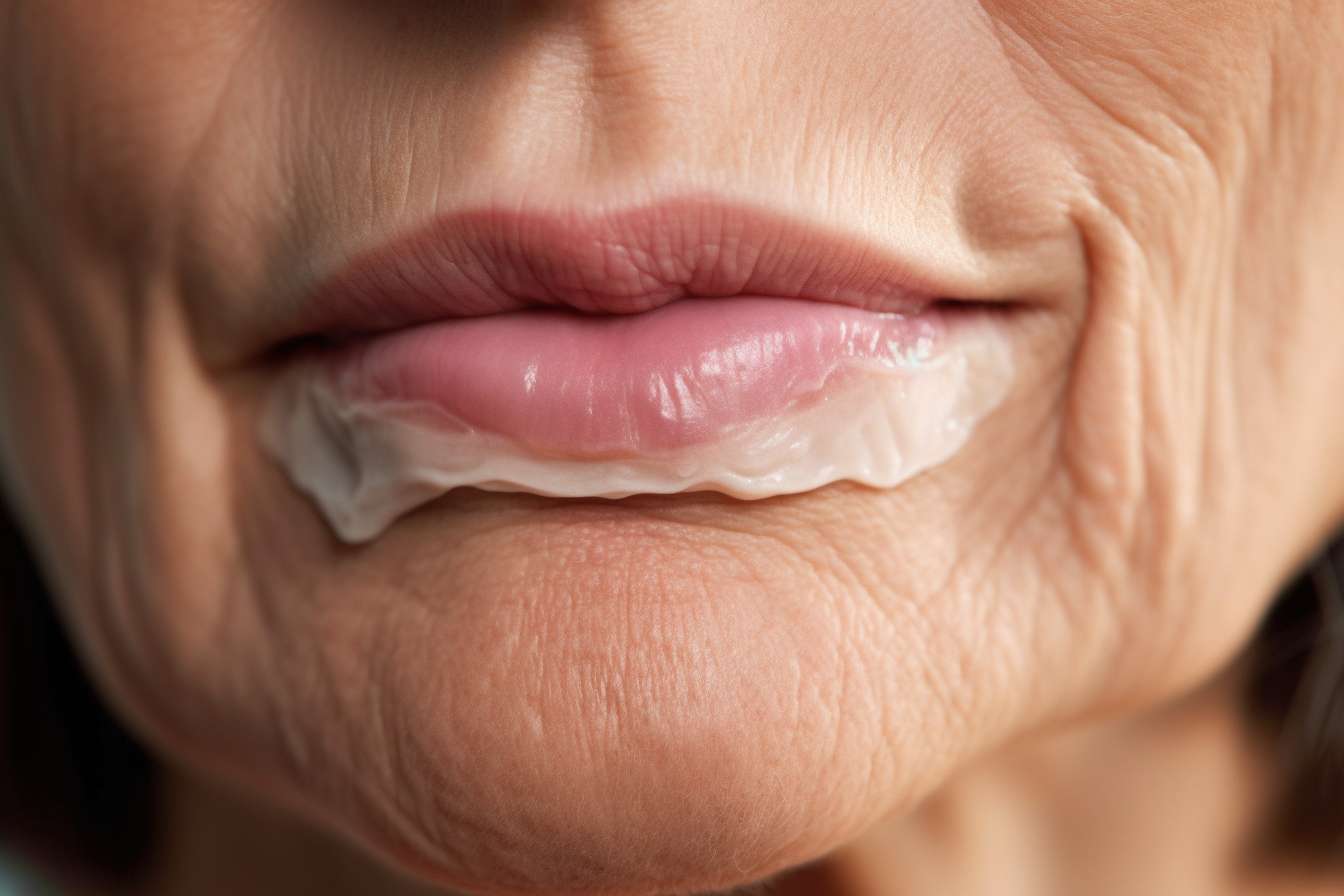How to Choose the Right Dentist for Seniors in 2025
Looking for the right dentist as you get older? Choosing a dentist who understands senior needs can make a big difference in comfort and long-term care. This guide explains what to consider in 2025 — from experience to available services and accessibility.

What qualifications should you look for in a senior-friendly dentist?
When searching for a dentist specializing in senior care, it’s essential to consider their qualifications and experience. Look for dentists who have completed additional training in geriatric dentistry or have a significant portion of their practice dedicated to treating older adults. Board certification in geriatric dentistry is a plus, as it indicates specialized knowledge in addressing age-related dental issues. Additionally, check if the dentist regularly attends continuing education courses to stay updated on the latest advancements in senior dental care.
How can you assess a dentist’s communication style and patient approach?
Effective communication is crucial when choosing a dentist for seniors. Schedule an initial consultation to evaluate the dentist’s communication style and patient approach. A senior-friendly dentist should be patient, empathetic, and willing to take the time to explain procedures and treatment options in a clear, understandable manner. They should also be open to answering questions and addressing concerns. Observe how the dentist interacts with you or your loved one during the consultation. Do they speak clearly and loudly enough? Are they respectful and attentive to your needs? These factors can significantly impact the overall dental experience for seniors.
What services should a senior-friendly dental practice offer?
A comprehensive senior-friendly dental practice should offer a wide range of services tailored to the needs of older adults. Look for practices that provide:
-
Preventive care, including regular cleanings and oral cancer screenings
-
Restorative treatments such as fillings, crowns, and bridges
-
Denture services, including fitting, repair, and maintenance
-
Periodontal treatments for gum disease
-
Management of dry mouth and other age-related conditions
-
Coordination with other healthcare providers for holistic care
Additionally, some practices may offer specialized services like sedation dentistry for anxious patients or mobile dentistry for homebound seniors. Consider your specific needs when evaluating the services offered by potential dental practices.
How important is accessibility in choosing a dentist for seniors?
Accessibility is a crucial factor when selecting a dentist for seniors in 2025. Consider the following aspects:
-
Physical accessibility: Ensure the dental office is easily accessible for those with mobility issues. Look for practices with ramps, wide doorways, and elevators if necessary.
-
Location: Choose a dentist located near your home or with convenient transportation options.
-
Parking: Check if the practice offers ample parking, including designated spots for individuals with disabilities.
-
Appointment flexibility: Inquire about appointment scheduling options, including early morning or evening slots if needed.
-
Emergency care: Verify if the practice offers emergency dental services or has a clear protocol for after-hours care.
Prioritizing accessibility can make dental visits more comfortable and convenient for seniors, encouraging regular check-ups and maintaining good oral health.
What are some essential dental care tips for older adults in 2025?
As dental technology and research continue to advance, here are some essential dental care tips for older adults in 2025:
-
Embrace smart toothbrushes with AI-powered feedback to improve brushing techniques.
-
Utilize saliva substitutes or oral moisturizers to combat dry mouth, a common issue among seniors.
-
Consider oral probiotics to promote a healthy balance of bacteria in the mouth.
-
Use water flossers or interdental brushes for easier and more effective cleaning between teeth.
-
Incorporate remineralization treatments to strengthen enamel and prevent decay.
-
Stay informed about new, minimally invasive treatments for common dental issues in seniors.
-
Maintain a diet rich in calcium, vitamin D, and antioxidants to support oral health.
-
Schedule regular dental check-ups, ideally every six months, to catch and address issues early.
How do dental insurance and payment options factor into choosing a dentist?
When selecting a dentist for seniors, it’s important to consider insurance coverage and payment options. Here’s a comparison of some common dental insurance plans and their coverage for senior-specific treatments:
| Insurance Plan | Basic Preventive Care | Denture Services | Implants | Periodontal Treatments |
|---|---|---|---|---|
| Medicare Advantage | Covered | Partial coverage | Not covered | Limited coverage |
| Dental HMO | Fully covered | Partial coverage | Discounted | Covered with copay |
| Dental PPO | Covered with copay | Partial coverage | Limited coverage | Covered with copay |
| Discount Dental Plan | Discounted rates | Discounted rates | Discounted rates | Discounted rates |
Prices, rates, or cost estimates mentioned in this article are based on the latest available information but may change over time. Independent research is advised before making financial decisions.
When choosing a dentist, inquire about their accepted insurance plans and payment options. Some practices offer in-house membership plans or financing options for those without traditional insurance. Discuss potential costs upfront and ask about any available discounts for seniors.
In conclusion, selecting the right dentist for seniors in 2025 involves careful consideration of qualifications, communication style, services offered, accessibility, and financial factors. By taking the time to evaluate these aspects, you can ensure that you or your loved one receives high-quality, compassionate dental care tailored to the unique needs of older adults.
This article is for informational purposes only and should not be considered medical advice. Please consult a qualified healthcare professional for personalized guidance and treatment.




